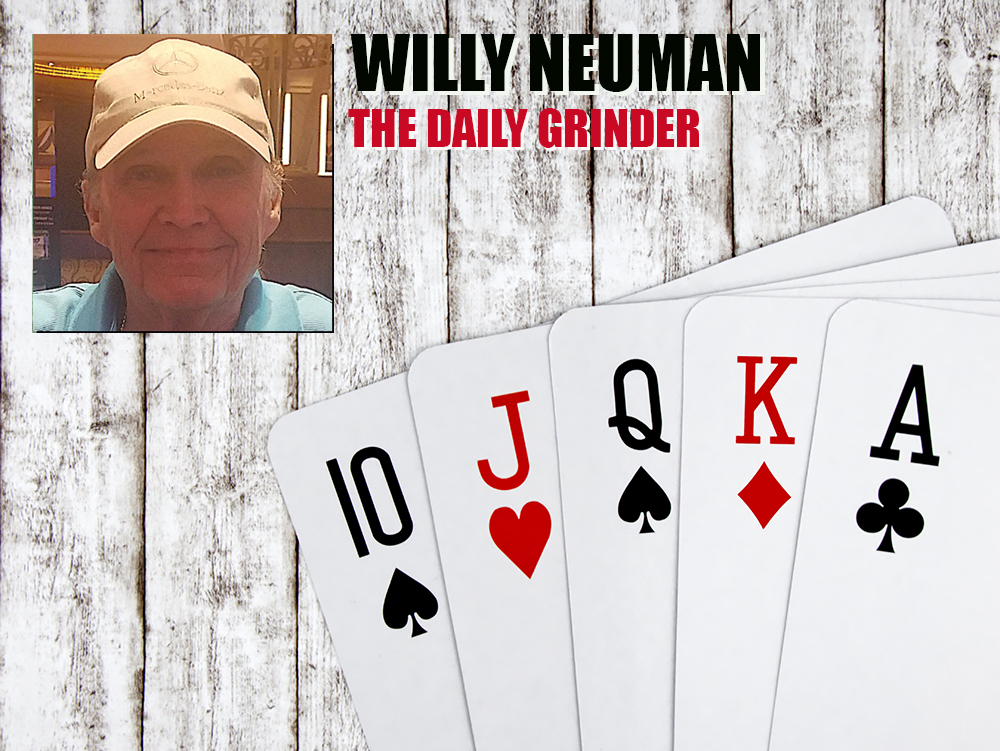Who is the most likeable player at the table where you regularly play? Are you in the top three?
If you’re wondering why, I’m going to help you see that it matters.
Let’s start by introducing my friend, Steve. In addition to being a successful pro, there’s no one at the table more likeable than Steve.
Most players are aware he consistently wins, but no one seems to mind because he’s an asset to the game. He’s always cheerful and upbeat, giving compliments, helping out in little ways.
I’ve seen him take some terrible beats, smile and say, “Nice hand,” and he sounded like he meant it.
Now, let’s look at the table grouch. Sometimes he can be a bully, get impatient with someone who is a little slow to act and once in a while he throws his cards.
When he says, “Nice hand,” he adds just enough sarcasm to his tone to make the players uncomfortable.
But his attitude costs him money. How? I’ve seen people play against him just to irritate him and set him off. I don’t like to admit it, but I’ve done it.
A couple of times, I’ve been heads-up with him on the turn and even though I knew he was ahead and I didn’t have quite the right pot odds, I’ve called his bet and gone for the gutshot straight.
I know this goes against what I have preached before, but I did it.
And I know other players have done the same thing. I think some players decide they really want to beat someone like this and pay closer attention to find a way to take his money and throw him off of his game.
Of course, we know this can be counterproductive, but it’s often worth it just to put him on tilt.
Would I ever consider doing that against Steve? You know the answer.
Unfortunately, for the grouch, I’m far from the only one who has made moves like this on him.
Steve goes home happy, even when he loses, because he finds a way to have a good time at the table, regardless of the outcome. The grouch often goes home unhappy, regardless of the outcome.
I’m convinced being a nice guy pays off in extra dollars won in some ways that you might not imagine.
I don’t think opponents play as hard against someone who’s likeable.
Also, it’s easier to get a game going short-handed and it’s more likely for a short-handed game to last longer if there are one or two people in the game you like.
It’s time to ask an important question and keep in mind that as a winning player, you’re going to be in the habit of taking money away from players: Do you want them to be angry with you?
— Willy Neuman divides plays at Hollywood Casino in Aurora, Ill., and Talking Stick in Scottsdale, Ariz. Email editor@anteupmagazine.com.



